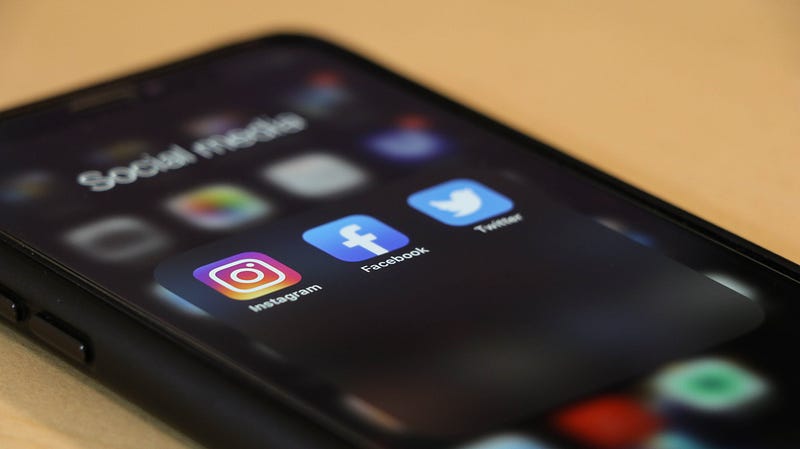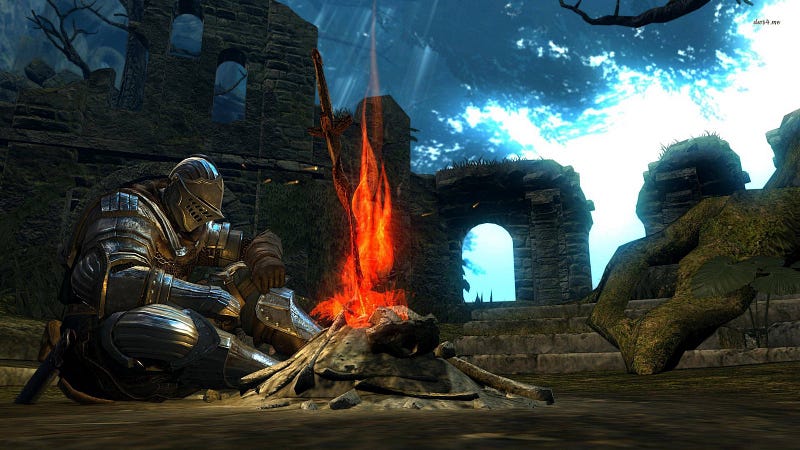# Let's Discuss Video Game Burnout: Causes and Solutions
Written on
Understanding Video Game Burnout
Ever found yourself staring at your collection of games, feeling completely uninspired, and instead scrolling through social media? This recently happened to me while I was attempting to play Atelier Ryza: Ever Darkness and the Secret Hideout, a JRPG that typically takes about 25 hours to complete. However, I’ve been playing it for weeks, which is definitely not typical for me.

As I shifted my focus from my game to my phone, I found myself diving into YouTube for some light entertainment. With university keeping me busy this semester, I opted for the easier escape that low-effort videos offered. Eventually, I stumbled upon a video on "dopamine detox," a concept that seems to stem from our consumer-driven culture.
The idea is straightforward but highlights a serious issue: by perpetually indulging in stimulating content, we set ourselves up for an unhealthy cycle of declining satisfaction with what we consume. When we anticipate a pleasurable activity, our brains release dopamine, which is responsible for the pleasure we feel during the experience.
This principle can be applied to various enjoyable experiences, such as eagerly awaiting a package delivery or feeling anxious while waiting for a break at work. This anticipation triggers dopamine release, which fuels our motivation. The confusion arises when we think of dopamine solely as a reward; it’s actually integral to the entire experience, driving us to pursue whatever will fulfill our cravings.
Signs of Video Game Burnout
Recognizing burnout can be tricky, but here are some common signs:
- You spend more time browsing for games than actually playing them.
- You find it hard to focus on a single game for more than a few minutes.
- You gravitate towards older games instead of tackling your new backlog.
- The thought of gaming fills you with dread.
- You feel more anticipation for upcoming releases than for playing existing games.
- You start numerous games but finish very few.
- You delay gaming even when you have the time.
While not every symptom immediately indicates burnout, if several resonate with you, it’s likely you’re experiencing some level of it.

Combating Video Game Burnout
Although there’s no one-size-fits-all solution for game burnout, various approaches can help rekindle your love for gaming:
- Limit Exposure to Overstimulating Activities: Take a break from social media and other highly stimulating content. Allow yourself to feel boredom and discover enjoyment in simpler activities like reading or cooking. This can help reset your excitement for gaming.
- Disengage from Gaming News: As a gaming journalist, this may sound counterintuitive, but stepping away from the constant news cycle can reignite your enthusiasm for games when you return.
- Commit to Finishing Games: Even if you’re not enjoying a particular title, pushing yourself to complete it can help you appreciate the subtler aspects that may not be immediately engaging.
- Avoid Comparisons: Resist the urge to measure every game against that one unforgettable experience. Each game has its unique strengths, and finding joy in what makes them special is essential.
- Take a Break from Gaming: If all else fails, consider stepping away entirely. Use this time to recharge, ensuring you won’t miss any significant releases and can return with a fresh perspective.

If you find yourself experiencing burnout, remember that gaming should be a source of joy, not a chore. I hope you can tackle your gaming fatigue effectively, whether that means reigniting your passion or taking a well-deserved break.
Chapter 2: Useful Videos on Gaming Burnout
Discover insightful perspectives on overcoming video game burnout in this video, "Watch This If You're Burned Out On Video Games."
Learn practical strategies for dealing with video game burnout in "How to Deal with Videogame Burnout."
Social Media’s Role in Burnout
Our current culture, especially driven by social media, is meticulously designed to provoke dopamine cravings. Notifications from platforms like Facebook or Instagram are crafted to keep us engaged, making less stimulating activities seem boring. This overstimulation can lead to a desensitization towards calmer experiences, such as gaming — hence the switch from a controller to scrolling through TikTok.
As Chamath Palihapitiya, a former Vice President at Facebook, stated, “I feel tremendous guilt... The short-term, dopamine-driven feedback loops that we have created are destroying how society works.” Ultimately, our brains gravitate towards the dopamine-rich content on social media, which can diminish our interest in gaming and other hobbies that do not provide immediate gratification.
According to the International Classification of Diseases, gaming itself can be a contributing factor to burnout. Certain games that mimic the reward systems of social media—like EA’s Madden NFL and Genshin Impact—can make it difficult to step away from addictive gameplay.